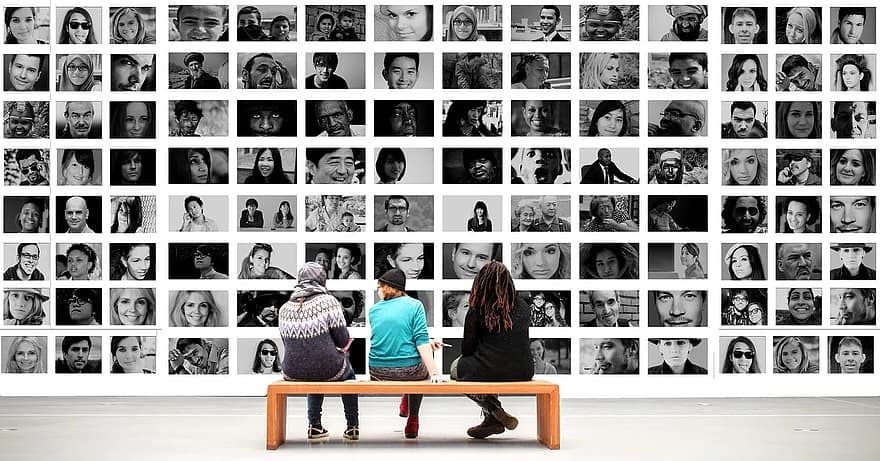
A flexible approach to funding will be important as organisations navigate a post-lockdown funding landscape, experts say
Covid will affect future lottery funding, experts warn
The National Lottery faces major challenges as more charities clamour for support.
Coronavirus may cause a decline in the National Lottery, leading to less money for good causes like the arts.
Experts speaking at a Westminster Policy Forum on the future of the National Lottery on Wednesday painted a grim picture of the pressures facing the lottery and the organisations that rely on it for funding.
Claire Baker, Deputy Convenor of the Culture, Tourism, Europe and External Affairs Committee, said conversations about the lottery's future are different now than they would have been six months ago. A competition to find a new operator for the National Lottery has been suspended.
READ MORE:
- Lottery money to be spread further and thinner post-lockdown
- What has the lottery done for artists? Ideas for a new approach
The National Lottery faces two major challenges, she said: Fewer people may play the lottery as a recession looms and there will be more demand for lottery money when Britain finally leaves the EU next year.
"We're coming out of a lockdown period and we need to think about how the current period has affected the lottery. Will it affect how people spend money?," Baker said.
"As [EU] funding opportunities close, what role will the lottery play in compensating for that?"
More relevant than ever
About £300m of lottery funding has been given to more than 7000 community organisations since lockdown started. However, Arts Council England, which distributes lottery grants for arts and culture, has said there is now less to go around after it used nearly £140m of lottery money for its £160m emergency package in March.
Amid a 50% contraction in the amount of lottery proceeds going to good causes in recent years, the lockdown has caused a spike in demand for financial support.
Dawn Austwick, Chief Executive of the National Lottery Community Fund, said the National Lottery "has never been more relevant".
"The coronavirus has created massive challenges in all the sectors that the National Lottery supports."
She said the Community Fund must help organisations to "think about the ecology" of their sectors to maximise the benefit of lottery grants and warned trusts may see a lower return on their investments.
"There will be issues around practice and services but there will also be issues around how much money there is to go around."
'Complementary' funding streams
Speakers at the forum said society lotteries, which have been blamed for a decline in National Lottery funding for the arts, may actually be a more flexible funding source as charities respond to the changing demands presented by the coronavirus.
Malcolm Fleming, Head of Public Affairs at the People's Postcode Lottery, said its grants are unrestricted, meaning organisations can spend them on whatever they see fit rather than being directed by their funders.
"It's fair to say that flexibility of approach has been most important this year."
Society lotteries and the National Lottery should be seen as "complementary", he said.
"They are distinct and not in direct competition.
"As we see it, the win-win for good causes … is to grow the total amount of lottery funding coming from the two types of lotteries."
Join the Discussion
You must be logged in to post a comment.